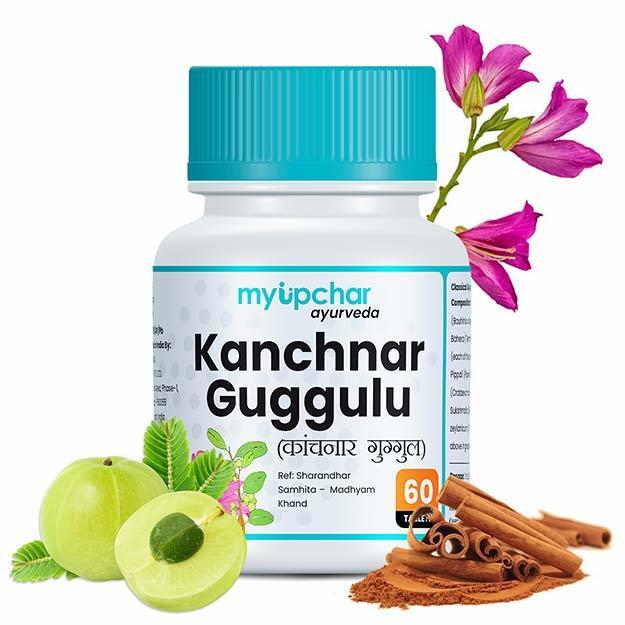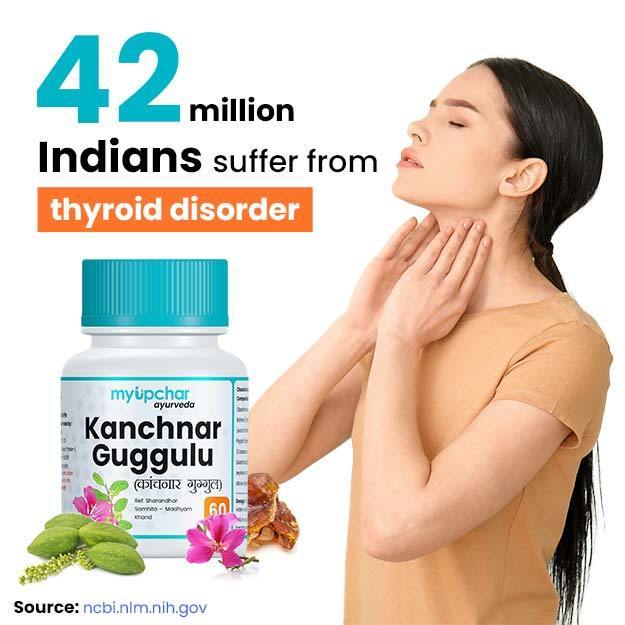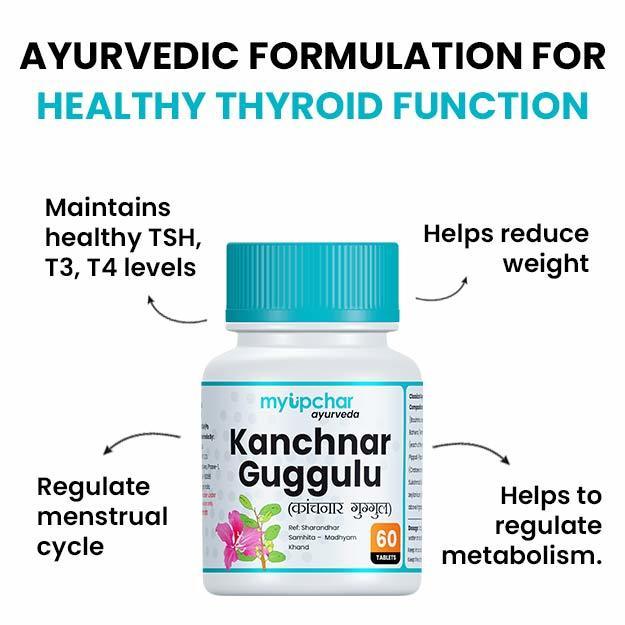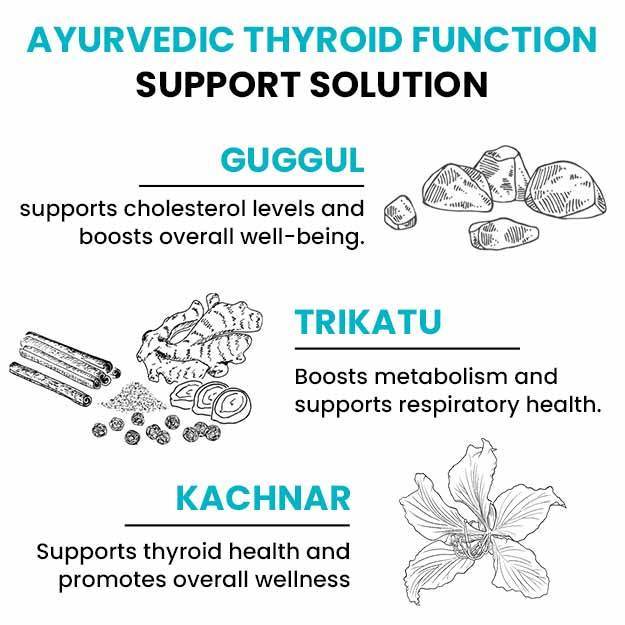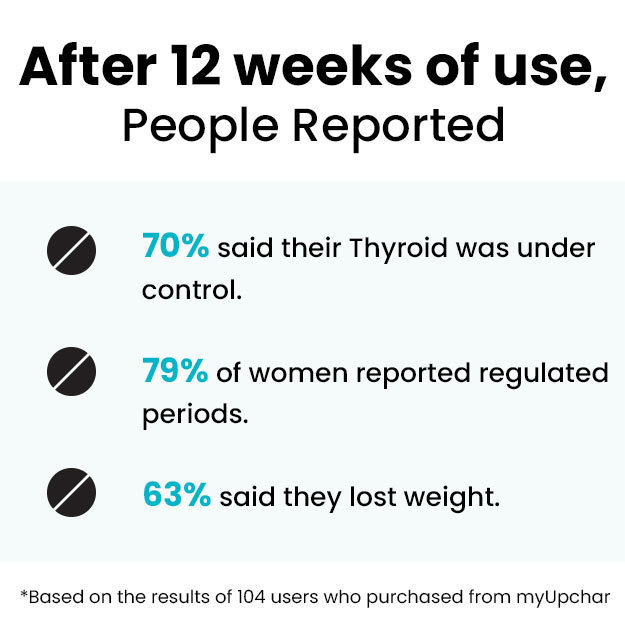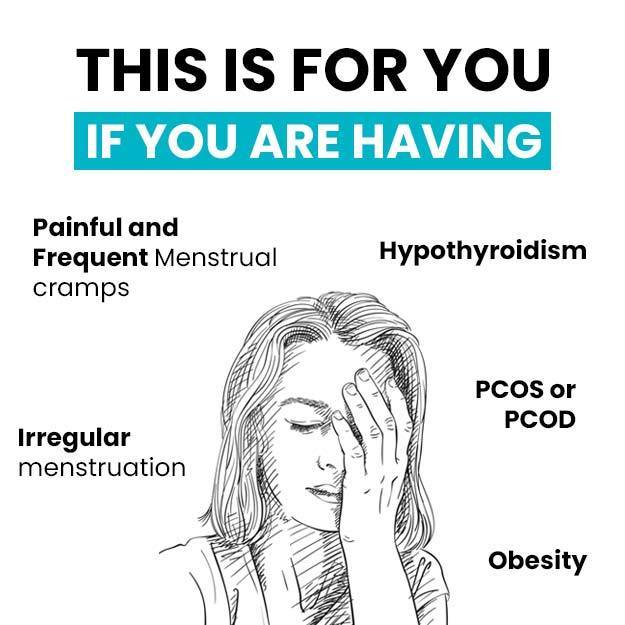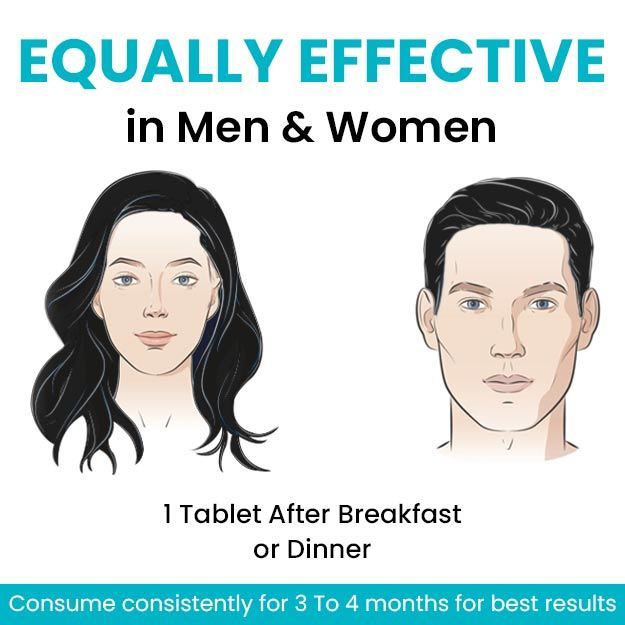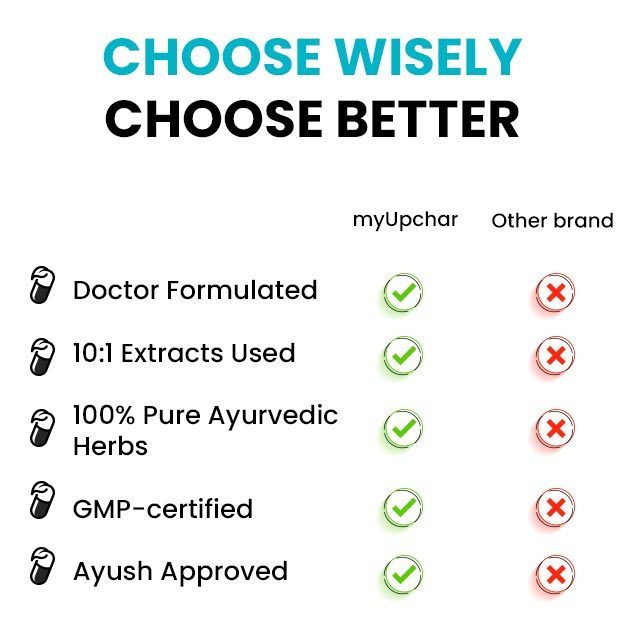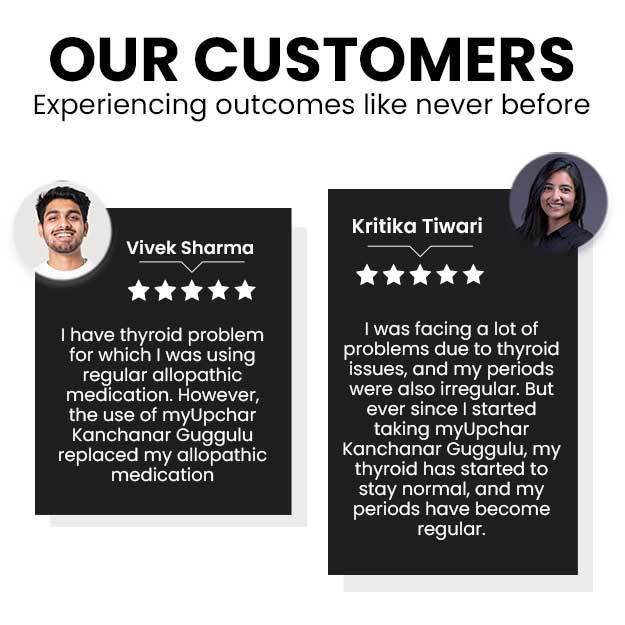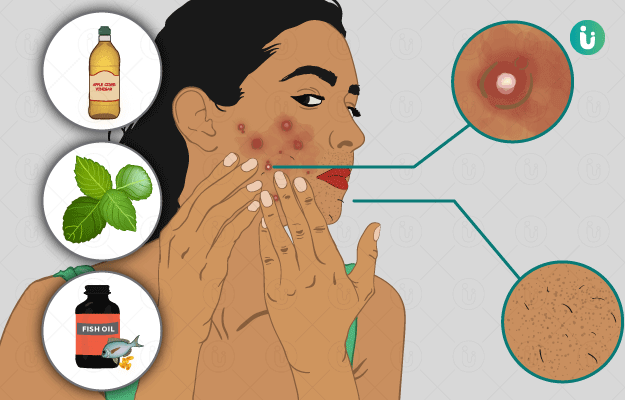Polycystic ovary syndrome or PCOS is an endocrine disease that affects women of childbearing age, i.e. between 15 years to 45 years. The disease gets its name from the follicles or cysts that form on either of a woman’s ovaries, and occurs due to the increased production of two hormones - androgens (male hormones) and insulin.
Meanwhile, the production of female hormones like estrogen and progesterone are reduced, thus affecting the menstrual cycle. Women with PCOS either have irregular periods or have no periods at all for long durations. PCOS can also increase the risks of metabolic diseases in women, like diabetes, high cholesterol, heart disease, etc. Since this disease can progress soon after a girl child reaches puberty and can affect her fertility, early diagnosis and treatment is key.
If a woman has irregular or no periods, dysmenorrhea or painful periods, excessive hair growth or hirsutism (especially in the face), obesity, acne and inflammation, she should get checked for PCOS. This condition can also be passed on genetically, so a mother with PCOS should definitely get her daughter checked for the disease.
Since PCOS occurs mostly because of hormonal imbalance, regulating your diet is an important part of its treatment. Certain foods can reduce the symptoms of PCOS, while others work as catalysts and make the condition worse. Here’s everything you need to know about the foods you should and should not eat if you have PCOS.
- Best foods for polycystic ovary syndrome (PCOS)
- Foods to avoid if you have polycystic ovary syndrome (PCOS)
- Is eating eggs good for PCOS?
- Are milk and dairy products safe for PCOS?
- Is coffee bad for PCOS?
Best foods for polycystic ovary syndrome (PCOS)
PCOS occurs due to increased levels of hormones like androgen and insulin, and decreased levels of estrogen and progesterone. Foods that reduce insulin and androgen production should be introduced in the diet of women who have PCOS. Similarly, foods that increase estrogen and progesterone production should also be recommended to women with PCOS. The following are some of these highly beneficial foods that women with PCOS should include in their diet.
High fiber foods for polycystic ovary syndrome (PCOS)
Insulin usually shoots up right after a meal, especially if the foods you eat consist of carbohydrates. However, carbohydrates with a high fiber content work to control insulin instead of increasing them. This is the reason why women with PCOS should depend on carbs with high fiber content, which is naturally available in fruits, vegetables, whole grains and legumes. However, some fruits also have a high fructose content, and these should be avoided.
The following fruits are the best for PCOS:
- Berries like blueberries and strawberries
- Tomato
- Apple
- Papaya
- Citrus fruits like orange, lemon, lime, grapefruit, etc
- Watermelon
- Pomegranate
The following vegetables are the best for PCOS:
- Broccoli
- Cauliflower
- Spinach
- Bell peppers
- Pumpkin
- Kale
- Lettuce
- Beans
The following whole grains should be consumed by women with PCOS:
- Barley
- Quinoa
- Whole oats
- Pearl millet
- Finger millet
- Sorghum
- Brown rice
- Whole wheat
- Wild rice
The following legumes are the best for PCOS:
- Kidney beans
- Chickpeas
- Black-eyed peas
- Soy beans
- Lentils like urad dal, masoor dal, arhar dal, etc
Lean proteins for polycystic ovary syndrome (PCOS)
Everyone needs proteins for energy, and women with PCOS are no exception to this. And while a high-protein diet can reduce the androgen and testosterone levels in the body (which is a good thing), red meat or animal proteins high in fat content can shoot up the insulin levels. It’s therefore best that women with PCOS depend on lean meats for their protein intake. The following are some proteins that women with PCOS should eat:
- Chicken
- Eggs
- Salmon
- Sardine
- Tuna
- Trout
- Tofu
- Turkey
Anti-inflammatory foods for polycystic ovary syndrome (PCOS)
Inflammation is a part and parcel of PCOS. Women with this condition have more inflammatory issues like fatigue, and so, following an anti-inflammatory diet is very important for them. An anti-inflammatory diet includes lean proteins, legumes, fruits and vegetables, nuts and seeds and spices too. Green tea and black tea also have powerful anti-inflammatory compounds. Some herbs and spices have immense anti-inflammatory benefits, and women with PCOS should include these in their diet:
Healthy fats for polycystic ovary syndrome (PCOS)
According to a study published in the Journal of the American College of Nutrition in 2012, adequate intake of foods rich in healthy fats like omega-3 fatty acids can improve insulin resistance. The study added omega-3 fatty acid supplements to the diet of 61 women and found that after an eight-week period, their insulin resistance was improved by 22%. Replacing unhealthy fats from your diet with healthy fats rich in omega-3 fatty acids is, therefore, a good idea. The following foods are rich in omega-3 fatty acids and should be included in the diet of women with PCOS.
- Mackerel
- Tuna
- Salmon
- Sturgeon
- Anchovy
- Sardine
- Trout
- Walnuts
- Chia seeds
- Flax seeds
- Avocado
- Olive oil
Best diet plan for polycystic ovary syndrome (PCOS)
While there is no hard-and-fast diet that can cure PCOS, some diets have shown to be effective against the progression of this disease and can even help manage its symptoms. The Dietary Approaches to Stop Hypertension or DASH diet has parameters that include all the foods that women with PCOS should have, and the ones they shouldn’t. The Mediterranean diet is known to have anti-inflammatory benefits for those who suffer from PCOS. This diet promotes the consumption of healthy fats and high-fiber foods too. Since there is no fixed diet for PCOS, you can choose one that suits you best and can be sustained for a very long time.
Foods to avoid if you have polycystic ovary syndrome (PCOS)
While reducing insulin and androgen production is very important for those who suffer from PCOS, it’s very important to stop eating foods that increase their levels in the body. What’s more, it’s also important to minimise the risk of obesity, weight gain, etc for women who have PCOS. The best way to do this is by avoiding the consumption of the following foods.
- Sugar: Whether it’s in desserts and sweets or processed foods like chips, muffins, bread, etc, sugar consumption can spike blood sugar levels and negatively affect insulin levels. Eating sugary drinks and fruit juices is just as bad, and can also lead to weight gain.
- Carbohydrates: Carbohydrates that are not rich in fiber can spike up insulin levels right after the meal. Overindulgence in carbs can also lead to weight gain and obesity. These carbs, like white rice and potatoes, also have a high glycaemic index, and a low GI diet is best suited for those who suffer from PCOS.
- Fried food: Fried foods are especially high in fat and calories, and can lead to weight gain. This in turn can invigorate the symptoms of PCOS and make them unmanageable. Hence, it’s important to avoid fried snacks and foods at all times.
- Alcohol: Alcohol is dehydrating and consuming it in large quantities can also spike your blood sugar levels. Alcohol abuse can also lead to weight gain, inflammation and cardiovascular diseases, all of which can make handling PCOS more difficult. While most women can have one small drink per day, those who have PCOS should cut off alcohol completely.
- Smoking: Smoking not only increases the androgen and insulin levels in the body, but also increases the risks of metabolic syndrome. Women who have PCOS are already at risk of developing metabolic syndrome, and smoking can make this worse. It’s best to completely quit smoking if you have PCOS.
Is eating eggs good for PCOS?
Consuming a high-protein diet instead of a high-carbohydrate diet is supposed to be good for women with PCOS. Adequate protein intake ensures that women with PCOS will have enough energy to be functional, but their insulin or androgen levels won’t shoot up. This is why lean proteins are recommended to those who suffer from PCOS.
Eggs are a cheap and rich source of lean protein, and are safe to consume if you have PCOS. It’s not necessary to remove the yolks and have just the whites of eggs if you have PCOS without high cholesterol. This is because egg yolks are rich in omega-3 fatty acids, which women with PCOS need more of. So, eggs are a complete protein that should be included in your diet if you have PCOS.
Are milk and dairy products safe for PCOS?
You’ll find many conflicting data on this one, but the fact is that a low-glycaemic and low-carb diet is recommended to women with PCOS. Milk and other dairy products have a high GI, and also spike the insulin and androgen levels in the body. They also increase inflammation.
Clearly then, these should not be consumed. A study published in the Journal of the Academy of Nutrition and Dietetics in 2012 also found that dairy consumption increases acne breakouts and makes the symptoms of PCOS much worse.
Is coffee bad for PCOS?
Caffeine consumption can increase the production of stress hormones and spike insulin levels too. So it makes controlling your blood sugar levels more difficult, and can also cause indigestion. What’s more, coffee is sometimes prepared with dairy and sugar, both of which can make PCOS symptoms worse. It would therefore be wise to cut off coffee if you have been diagnosed with PCOS.
Find Nutritionist in cities
Doctors for What to eat and what to avoid if you have polycystic ovary syndrome

Dr. Dhanamjaya D
Nutritionist
16 Years of Experience

Dt. Surbhi Upadhyay
Nutritionist
3 Years of Experience

Dt. Manjari Purwar
Nutritionist
11 Years of Experience

Dt. Akanksha Mishra
Nutritionist
8 Years of Experience
References
- Phy, Jennifer L. et al. Low Starch/Low Dairy Diet Results in Successful Treatment of Obesity and Co-Morbidities Linked to Polycystic Ovary Syndrome (PCOS). J Obes Weight Loss Ther. 2015 Apr; 5(2): 259. PMID: 26225266
- Marsh, Kate and Brand-Miller, Jennie. The Optimal Diet for Women With Polycystic Ovary Syndrome?. Br J Nutr , 94 (2), 154-65. PMID: 16115348
- Faghfoori, Zeinab. et al. Nutritional Management in Women With Polycystic Ovary Syndrome: A Review Study. Diabetes Metab Syndr , 11 Suppl 1, S429-S432. PMID: 28416368
- Douglas, Crystal C. et al. Role of diet in the treatment of polycystic ovary syndrome. Fertil Steril. 2006 Mar; 85(3): 679–688. PMID: 16500338
- National Health Portal [Internet] India; Polycystic ovary syndrome (PCOS)
- Rafraf, Maryam. et al. Omega-3 Fatty Acids Improve Glucose Metabolism Without Effects on Obesity Values and Serum Visfatin Levels in Women With Polycystic Ovary Syndrome. J Am Coll Nutr , 31 (5), 361-8. PMID: 23529993
- Burris, Jennifer. et al. Acne: The Role of Medical Nutrition Therapy. J Acad Nutr Diet , 113 (3), 416-30. PMID: 23438493
















